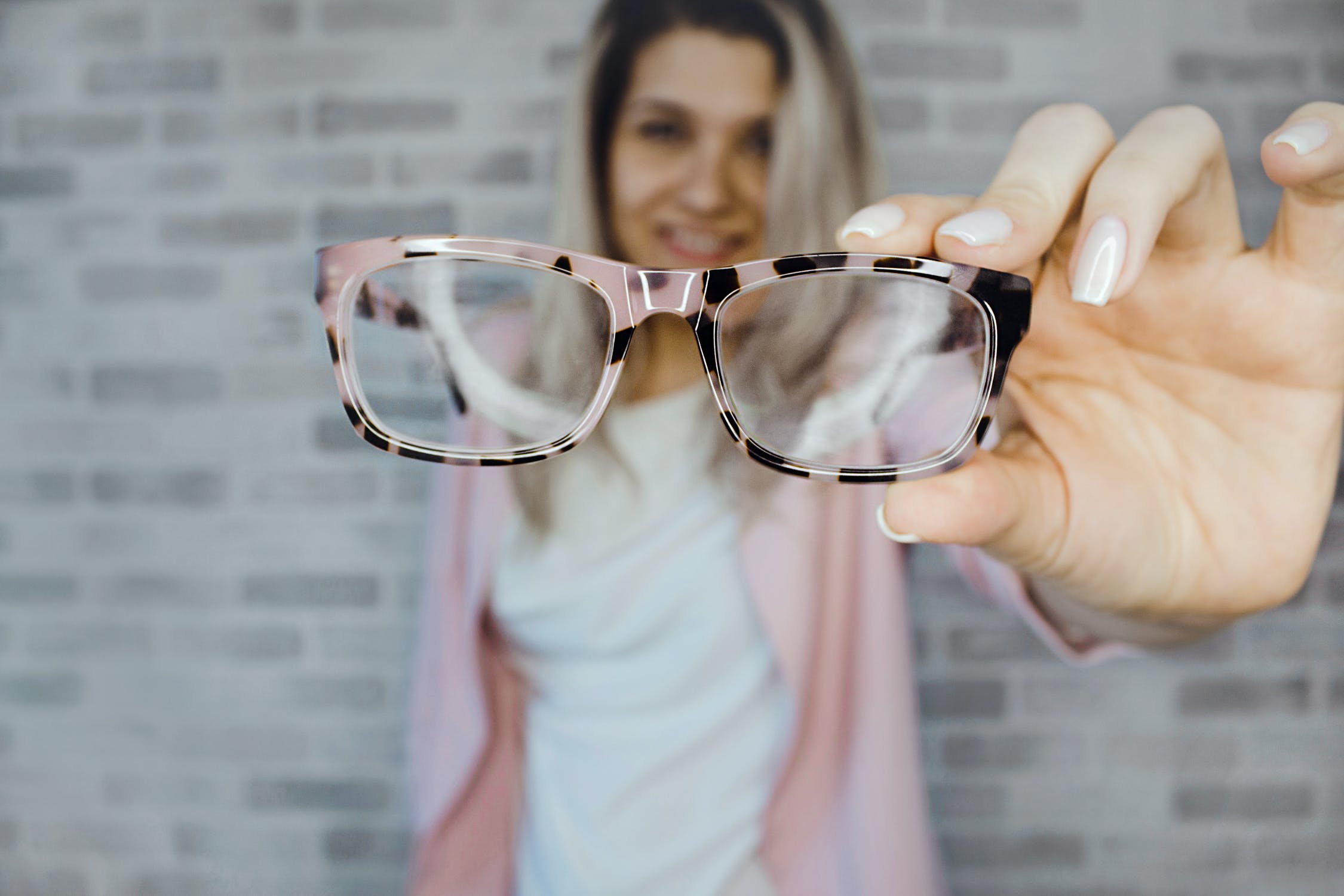"Scientists have discovered a revolutionary new treatment that makes you live longer. It enhances your…

Brain Cells to Spare: The Value of Neurodiversity
What keeps the brain sharp? Back when I worked with brain-injured individuals, I noticed that those who made the greatest recovery were those who had “neurons to spare.” That is to say, they had spent their lives embracing challenges and learning new skills. Level of education has been identified consistently as a positive prognostic factor in recovery, and yet I also noticed those who were interested in learning something new in general apart from formal education also did well. In fact, an NPR blog in May of 2014 states that “learning a new skill works best at keeping the brain sharp.”
So along with my coaching practice, I have a side gig that has turned out to be an excellent opportunity to sharpen my brain. My friend and colleague is executing a grant from the State of Minnesota to bring assisstive technology to individuals who cannot communicate. There are many communication options opening up for individuals who previously struggled to interact with the world, thanks to computer software. These include iPad apps and dedicated communication devices like the Dynavox. Not being a digital native, I had quite a challenge ahead of me to learn these devices!
There were times I wanted to throw in the towel thinking it was too complicated. It can be embarrassing not to know everything. After all, I was the professional! Then I would see the smile on the face of a child who could press a button and hear “Hi, my name is Sarah” for the first time or say, “Merry Christmas.” Finding the joy in learning something new is critical in continuing to press on!
Recently (quite recently, in fact), I had the cloud parting “Hallelujah” experience when I programmed and demonstrated a device for the first time, start to finish, without feeling a tinge of confusion. It was glorious!
As I reflect back on the experience, I wondered if there were some tips I could offer someone else to keep pressing on when learning something new. I came up with these 3 suggestions:
- Remind yourself that a direct benefit from trying something new is neurodiversity or neurons to spare in your brain. Current neuroscience studies backs this up without exception
- Reframe the challenge around helping others. The smiles kept me going!
- Realize that you can’t be an expert when you are learning. Let go of the ego.
All of us will get old and some of us will even have events that will compromise our cognitive functioning. That part is inevitable. However today provides us with abundant opportunities to prepare for that day- and have fun doing it in the process. Why not take the challenge?




This Post Has 0 Comments